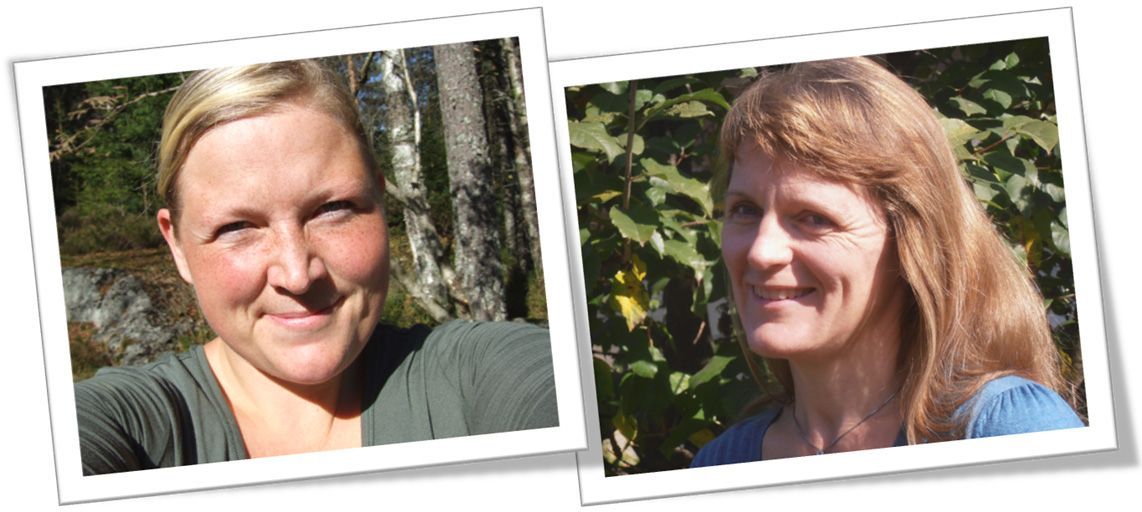B√łe et al from the Cell Cycle Regulation Group publish paper on cell-cycle regulation in PNAS

In a recent paper from Erik Boye's group at the Department of Cell Biology at the Institute for Cancer Research the mechanisms regulating the start-up of DNA replication was investigated. The paper - entitled "Induction of a G1-S checkpoint in fission yeast" and¬†published in the prestigious journal PNAS (impact factor 9.771) - sheds light on the regulation of growth and proliferation when DNA damage is present in the genome. Ph.D. student Cathrine A. B√łe is first author and project leader Be√°ta Grallert is the senior author.
Checkpoints control the responses to cellular insults and they serve as the first barrier against cancer. The Boye group previously described a novel checkpoint that delays the initiation of DNA replication in response to ultraviolet irradiation in G1 phase of the cell cycle. This delay mechanism, called a checkpoint, depends on the Gcn2 kinase, which is known for its role in regulation of translation in response to starvation.
In this paper, the authors show that the checkpoint is induced not by DNA damage itself, but by the intermediates occurring during DNA repair. This work demonstrates a link between DNA damage, its repair, cell-cycle progression and general cell growth.
The finding that Gcn2 can regulate the cell cycle is particularly interesting when considering that GCN2 was recently found to be critical for cancer metastasis This makes GCN2 an attractive target for anti-tumour therapy. However, in order to design effective treatment strategies, we need to understand the link between Gcn2 and cell-cycle regulation.
Links:
Induction of a G1-S checkpoint in fission yeast.
B√łe CA, Krohn M, R√łdland GE, Capiaghi C, Maillard O, Thoma F, Boye E, Grallert B.
Proc Natl Acad Sci U S A. 2012 Jun 4. [Epub ahead of print] The article in PDF format
Erik Boye's group  - Cell cycle regulation in Eukaroytes
Beata Grallert's project group  - Cell cycle regulation in G1
